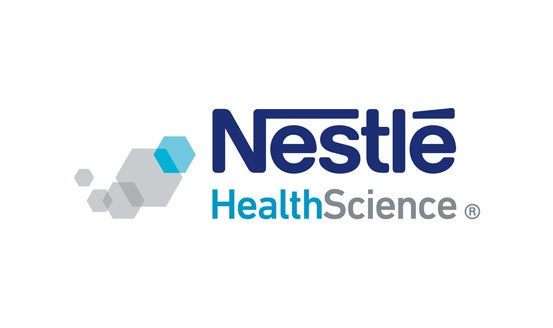
Nestlé Health Science Expands its Dysphagia Offering (Phagenesis)
Investment in company Phagenesis to address swallowing difficulties experienced by stroke patients
Epalinges, Switzerland, 1 September 2016 - Nestlé Health Science is entering into a staged, milestone-based acquisition of Phagenesis Ltd, a UK-based company developing Phagenyx®, an innovative pharyngeal electrical stimulation device to treat dysphagia (swallowing difficulty). The condition is commonly experienced by post stroke patients, but also the elderly and those undergoing post mechanical ventilation in intensive care units (ICU). Phagenyx® is designed to restore the neurological control of swallowing.
Dysphagia is a condition with high prevalence and a high clinical and health economic burden. The annual cost of dysphagia in hospitalized patients is over USD 500 million1. Estimates of the prevalence of dysphagia vary, as it is the symptom of a wider range of underlying conditions and is widely under-diagnosed. Dysphagia is estimated to occur in 29% to 55% of stroke patients2 and every year 15 million people worldwide suffer a stroke3. Patients with dysphagia are at risk of life-threatening complications such as aspiration pneumonia, malnutrition and dehydration.
Under the terms of the agreement, Nestlé Health Science will make an upfront payment, followed by milestone-based funding, while Phagenesis completes the developments of Phagenyx®. The staged acquisition will be based upon the successful completion of clinical development programs in Europe and the US anticipated by 2019. Financial terms have not been disclosed.
Greg Behar, CEO of Nestlé Health Science, stated: “Dysphagia is a strategic focus for Nestlé Health Science. This innovation can bring a new dimension to swallowing rehabilitation that can be transformational from a patient and healthcare professional perspective. Advancing an integrated approach to dysphagia management, from screening, diagnosis and treatment is a key goal for Nestlé Health Science and the healthcare community, ranging from new ways to improve swallowing function to thickening agents and texture modified food to improve swallowing safety.”
Reinhard Krickl, CEO of Phagenesis, said: “Nestlé Health Science is the leading global player in dysphagia with capabilities and reach to enable Phagenesis to accelerate the development and deployment of Phagenyx® around the world. Phagenyx® is a unique medical device innovation in treating dysphagic patients based on a well-researched mechanism of action. Our initial focus is on stroke patients but multiple applications are possible, including for ICU patients whose swallowing function can be compromised.”
About Phagenesis
Phagenesis is headquartered in Manchester, UK, and focuses on the treatment of dysphagia. It was formed in 2007 to translate the research of Prof. Shaheen Hamdy from the University of Manchester, UK, into a non-invasive technology suitable for standard clinical practice in hospitals. Phagenesis’ mission is to transform the lives of people with dysphagia, using revolutionary treatments developed through a commitment to scientific and clinical excellence. It has developed the only treatment for neurogenic dysphagia based on pharyngeal electrical stimulation (PES) that treats its cause.
Phagenyx® is an innovative product using pharyngeal electrical stimulation that delivers an electrical signal optimized for each patient to the back of the patient’s throat (oropharynx). The treatment, which restores the neurological control of swallowing by ‘kick-starting’ the re-organization of the brain, is the result of more than 20 years research on the mechanism of action and its clinical application.
References:
- Altman KW, Yu GP, Schaefer SD: Consequence of dysphagia in the hospitalized patient: Impact on prognosis and hospital resources. Arch Otolaryngol Head Neck Surg 2010; 136:784–789
- Martino, R., Foley N., Bhogalet S. et al. Dysphagia after stroke: incidence, diagnosis, and pulmonary complications. Stroke 2005; 36, 2756–2763
- http://www.world-heart-federation.org/cardiovascular-health/stroke/
- Nestlé Health Science press release
- Phagenesis Press release
